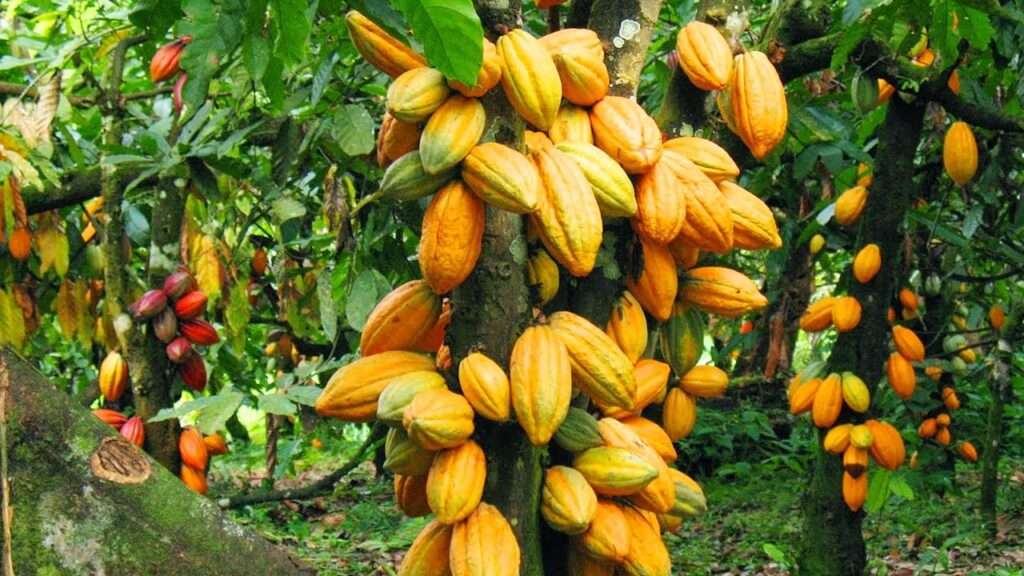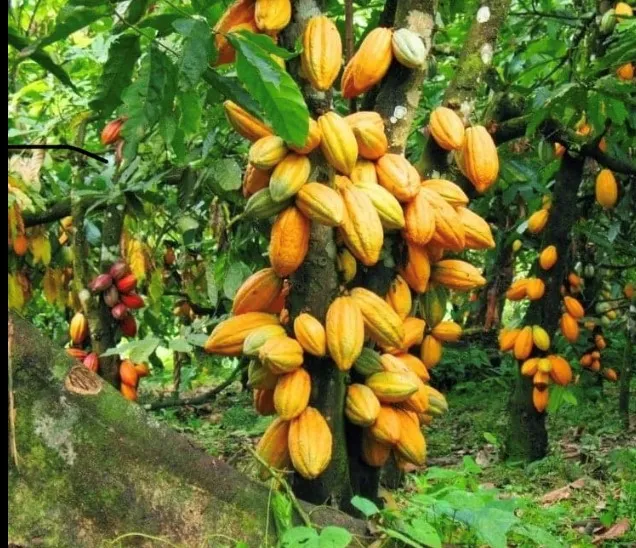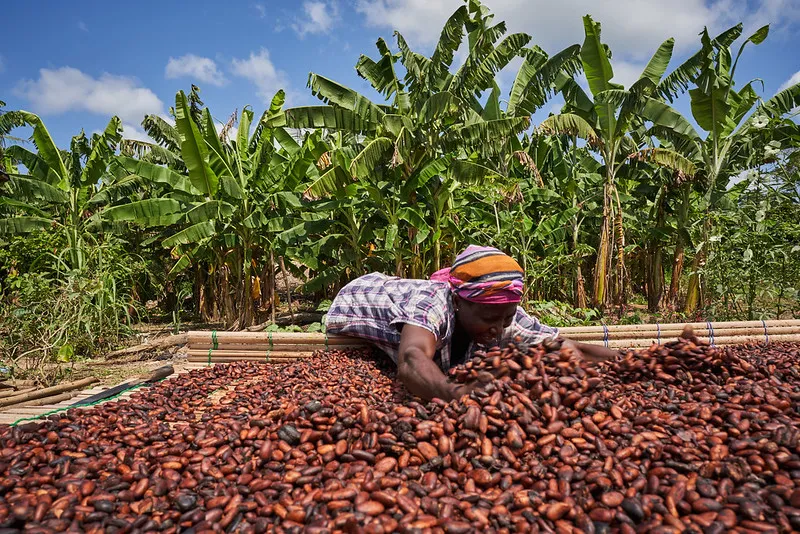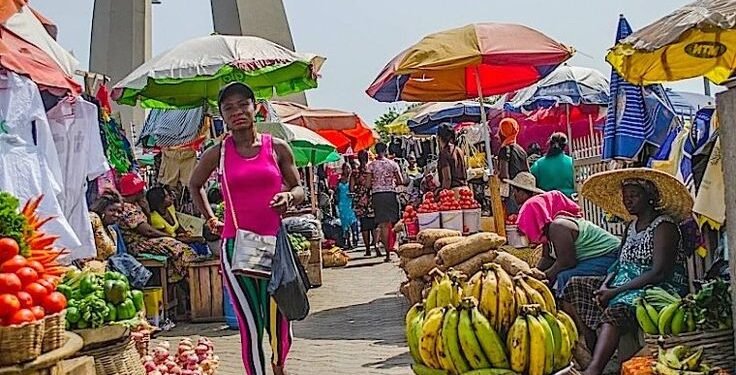The cocoa sector is undergoing a major transformation under the current administration, as Hon. Frank Afriyie, Member of Parliament for Afajato South, laid out the challenges and changes that have shaped the government’s current approach to cocoa pricing and farmer welfare.
He defended the recent increase in cocoa prices as a strategic decision aimed at restoring confidence and credibility in an industry that had, for years, been saddled with immense debt and neglect.
According to Afriyie, the administration inherited the cocoa sector when it was burdened with about GH₵32 billion in debt. At the time, the sector was unable to fulfill its commitment to deliver 330,000 tonnes of cocoa, leaving many farmers disillusioned.
Farmers were reportedly struggling with increased production costs, and the lack of adequate inputs worsened their plight. Fertilizer distribution was particularly contentious, as the government had only offered subsidized fertilizer, unlike previous administrations that provided it free of charge.
“You realize that the farmer will lose interest and the appetite to even go into fresh production. We got to a point where even chemicals to spray these farms were a problem. And so we have witnessed a systematic development where farmers, intentionally, in the full glare of the public, were selling their cocoa farms to Galamsey operators, cutting down their cocoa farms, because there was absolutely no hope.”
Hon. Frank Afriyie
Hon. Afriyie made it clear that these were the circumstances the Mahama-led administration faced upon assuming office, adding that a complete reset of the cocoa sub-sector was not only necessary but overdue.

He pointed out that previous failures to secure syndicated loans by COCOBOD were largely due to questions about the institution’s credibility on the international stage. When a supplier fails to meet its tonnage commitments, he said, confidence from financial markets quickly diminishes.
Afriyie explained that leadership must be accountable for both past mismanagement and current recovery efforts. In its manifesto, the NDC had pledged to allocate 70% of the Free on Board (FOB) price to cocoa farmers. This year, Ghana secured an FOB price of $7,200 per tonne.
Honoring the 70% commitment translates to $5,040 for the farmer, which the MP argued was a clear delivery on the President’s promise.
Farmers’ Real Income Now Stronger Amid Cocoa Sector Reforms
Hon. Frank Afriyie further compared this to the 2024 season under the NPP, where the FOB price was $4,850, and farmers received $3,100.
While the cedi equivalent may have looked attractive at the time, the MP pointed out that this was largely due to the weakened state of the economy, which caused the dollar to soar in value. This distorted the real purchasing power of farmers’ income.
The MP further elaborated that despite farmers receiving higher cedi amounts under the previous administration, inflation and currency devaluation eroded their actual purchasing power.
He said that in 2022, inflation rose to 54%, meaning that any gains made in nominal terms were effectively halved by rising prices for essential goods like cement, roofing sheets, and medicine.

He used this point to underline how the illusion of higher pay was, in reality, undermined by economic instability. He argued that even though farmers might now receive less in nominal cedi terms, their money has more real-world value due to improved macroeconomic stability.
He added that the cocoa sector must also be viewed within the broader context of national development, including ecological sustainability.
“No wonder the government then claimed that they were paying cocoa farmers well, but if you look at their record, as much as 100,000 tons of cocoa were smuggled out of the country.
“If you know very well what smugglers go through, you appreciate why somebody would attempt smuggling out cocoa to the tune of 100,000 tons. Taking all the risks, at a time when the market value in your country is supposedly high, the farmers were not getting the real value for their money.”
Hon. Frank Afriyie
Accordingly, he concluded that current reforms are not just about pricing, but about making the entire cocoa sector more attractive and sustainable. The government aims to reintroduce policies that would reduce the financial burden on farmers by investing in critical farm inputs like fertilizers and chemicals.

These changes are intended to rebuild confidence in cocoa farming and restore it as a viable and respected livelihood.
Afriyie stressed that when the cocoa sector thrives, it not only improves farmer livelihoods but also plays a crucial role in protecting the country’s ecological integrity.
From policy to pricing, the President has stayed true to his promise to farmers and is laying the groundwork for long-term growth in one of Ghana’s most vital industries.
READ ALSO: ASEC Calls for Urgent Reforms in Ghana’s Oil Strategy to Boost Revenue























